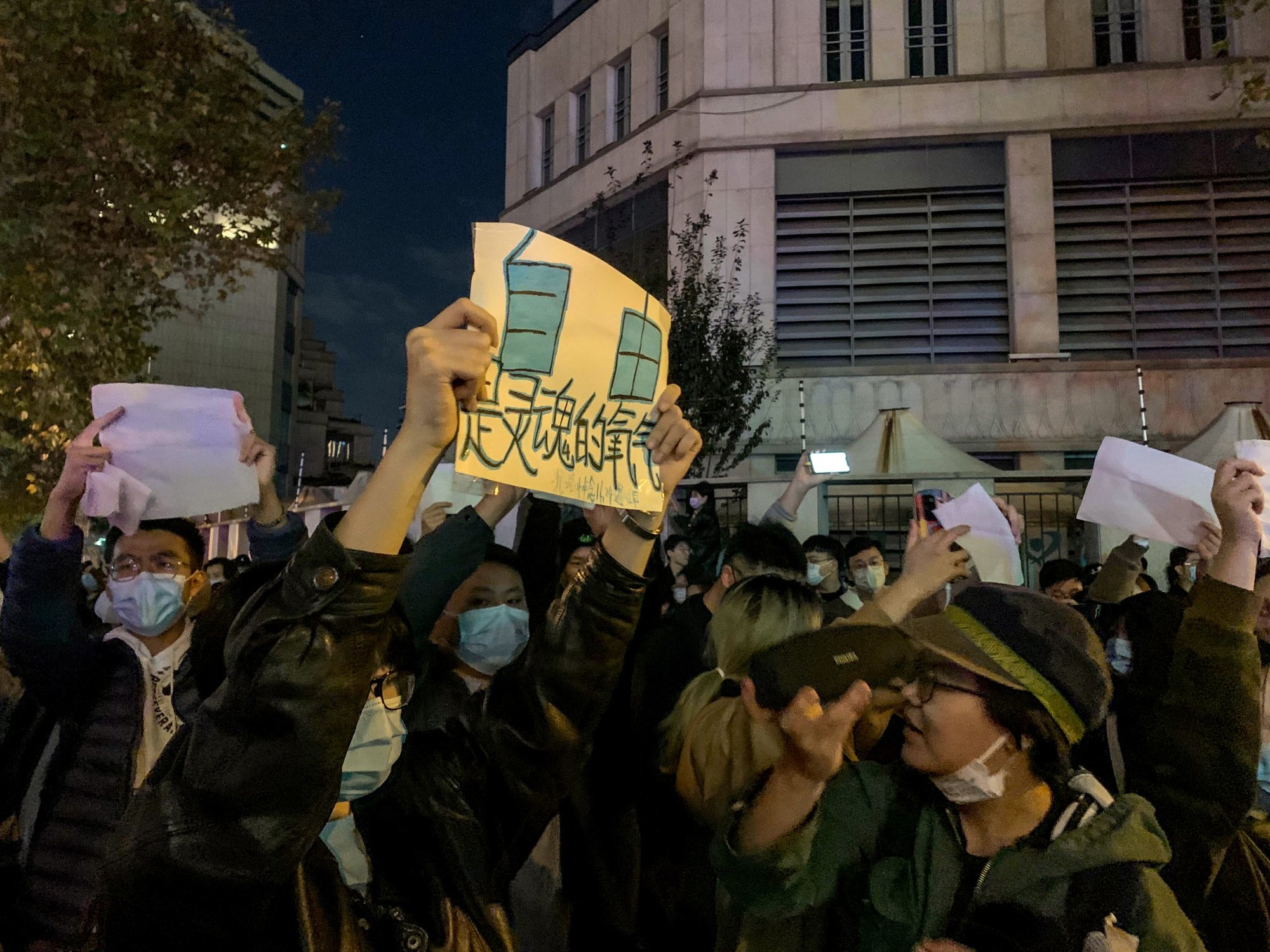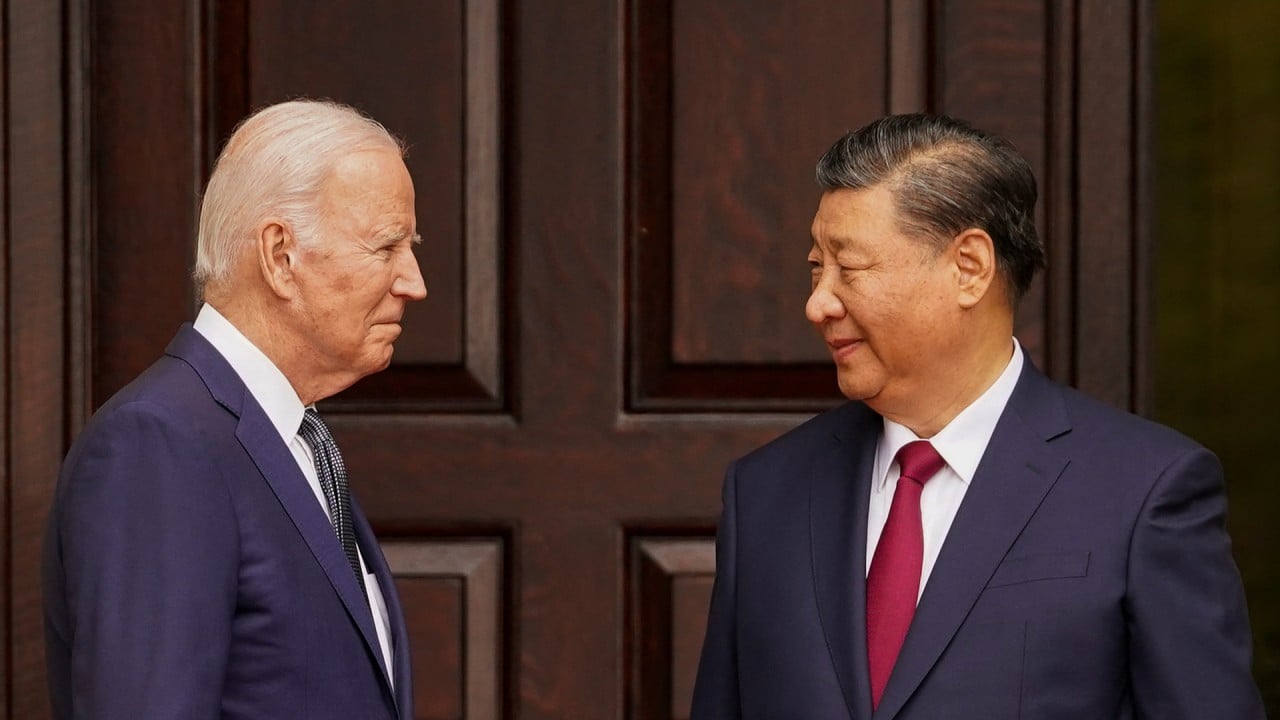Chinese President Xi Jinping has warned top cadres to get ahead of political risks, saying a “butterfly effect” could turn small threats into big dangers.
Xi conveyed the message to senior officials at an internal meeting in February, but the comments were only made public earlier this month in a book released by Central Party Literature Press.
In the speech, Xi also asked officials to “identify risks early, act quickly, take command at the front and make immediate judgments as soon as they arise”.
“Do not let small things be delayed to become big things, and big things be delayed until they explode,” Xi said.
Xi’s February speech came a month before he began his record third term as China’s president in March. Officials across the country were asked to learn from the speech and put Xi’s mandates into practice, according to earlier reports in state media outlets.
In recent years, Xi has repeatedly stressed the need to be alert, urging officials to wage a “great struggle” and prepare for “worst-case” scenarios.
Dali Yang, a political scientist at the University of Chicago, said Xi’s comments were tied into his all-encompassing approach to China’s security.
“Xi has been concerned about all kinds of risks for many years, and an important thing for him lately is to look at national security from a holistic perspective,” Yang said.
“I think when he talked about the butterfly effect, it was related to the protests last winter.”

Abroad, major challenges include tight US restrictions on China’s technology sector and geopolitical tensions with Washington and its allies.
Referring to Xi’s statement – “Big things cannot be delayed until they explode” – Yang said: “Xi has complaints about the initiative of officials in a system where everything has to be reported upwards.”
Yang added that Xi’s extra emphasis on controlling risks would affect the entire bureaucracy.
“Whether it’s the political and legal affairs departments or the propaganda agencies, they will all be tensing up in terms of maintaining stability,” he said.
‘China won’t be another US’: party paper calls on America to fix trust deficit
‘China won’t be another US’: party paper calls on America to fix trust deficit
In the parts of the speech that were released previously, Xi said China had “dispelled the myth that modernisation means westernisation” and hailed the Chinese model as an example for developing countries to follow.
Xi also urged officials to be fully aware of the risks and challenges facing China and to “dare to fight and fight well”, promising to “support and encourage” cadres who meet these requirements.
